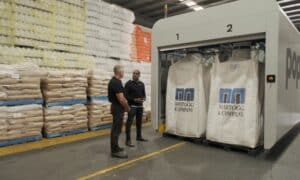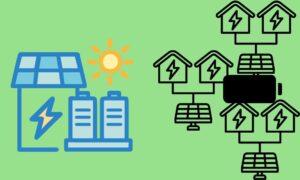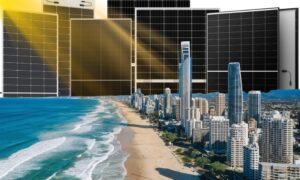The next salvo in the solar trade wars has been fired, with China set to introduce penalties on polysilicon sourced from the USA and South Korea.
Last week, China’s Ministry of Commerce said it would slap initial tariffs on imports of solar-grade polysilicon as high as 57% for U.S. suppliers and as much as 48.7% for South Korean suppliers from July 24.
The move is widely seen as a cumulative reaction to two events. First, the U.S. imposing tariffs on solar cells made in China last year. It may also be a warning shot across the bows of the EU, with talks on resolving a trade dispute between the European Union and China over solar panels having reached an impasse.
If the issues are not resolved, the EU will level import tariffs averaging nearly 48% on Chinese made solar panels starting August 6. Interim tariffs of almost 12 per cent were introduced last month. The introduction of tariffs was labelled a “grave mistake” by Germany’s Federal Minister of Economics, Philipp Rösler.
As the old saying goes, it’s an ill wind that blows nobody any good. The tariff on polysilicon is expected to benefit companies such as Daqo, which produces high grade 9N polysilicon used in the production of its own solar panels and is also sold to other solar cell manufacturers.
The tariff announcement comes at a critical time in China’s solar revolution. China’s government has lifted a target for installed solar panel capacity from 21 gigawatts by 2015 to 35 gigawatts. Last year, around 7 gigawatts of solar panels were installed throughout the nation.
For companies such as REC, all this is mixed news – REC’s polysilicon plants are located in Moses Lake, Washington and in Butte, Montana USA, but its solar panel manufacturing facilities are in Singapore.
“We strongly regret the escalation of the solar industry trade disputes between Europe, China and the US. We hope that the US and Chinese authorities will continue the constructive dialogue on this important matter to find a solution which secures open and fair competition”, said Ole Enger, CEO & President, REC.














































